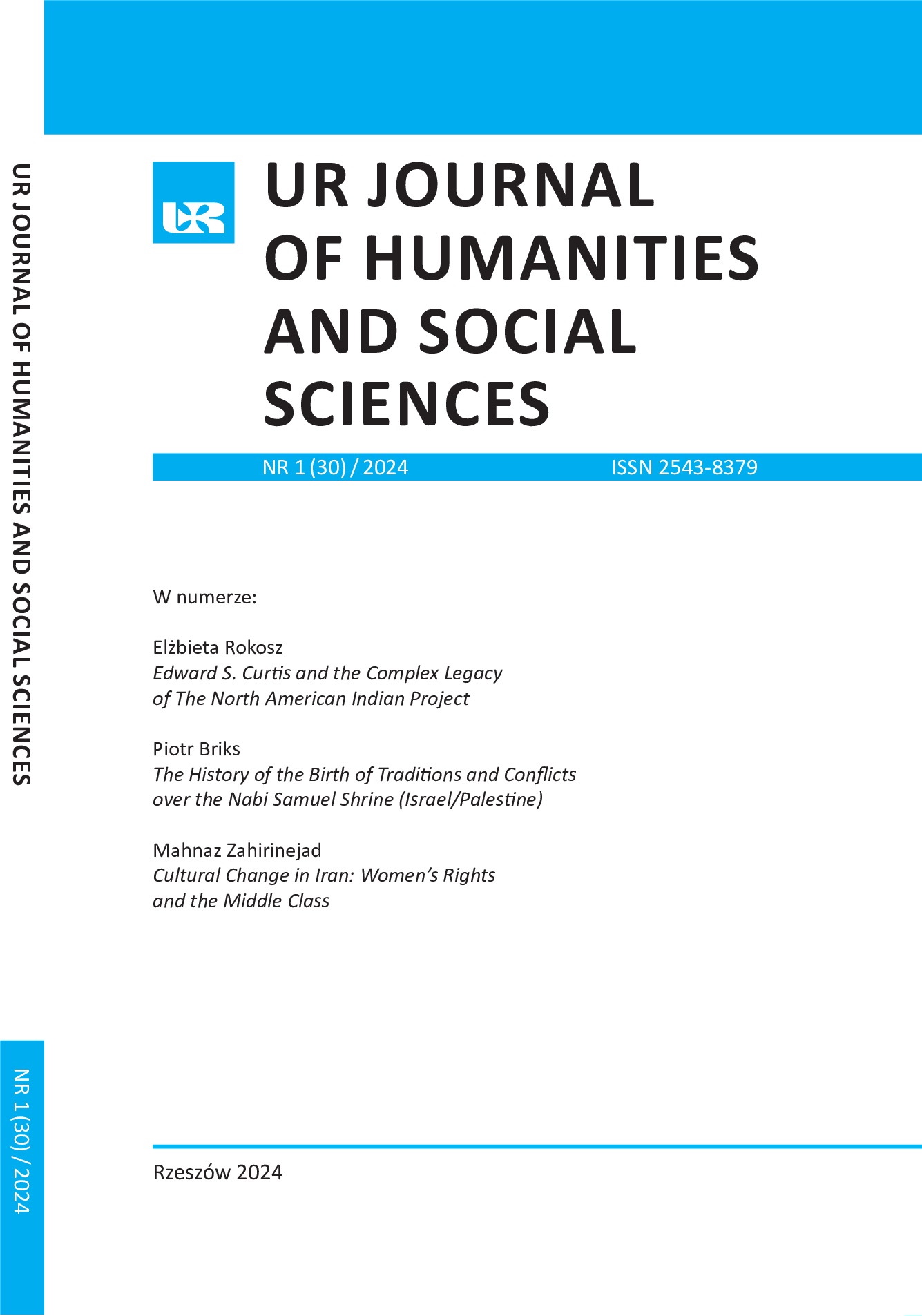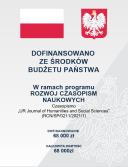Regional smart specializations and digital transformation of enterprises in Poland
DOI:
https://doi.org/10.15584/johass.2024.1.8Keywords:
digitalisation, Regional Smart Specialisations, ICT, industry 4.0, digital intensityAbstract
The development of the digital economy is based on the extensive use of information and communication technologies (ICT) by entities. The ongoing digital transformation of enterprises includes the integration of digital technologies and solutions in every area of activity. The problem of Poland's economy is the existence of a large diversity in the use of information technologies in enterprises. According to the digital intensity indicator, in 2022 more than half of enterprises were classified with very low or low digital intensity. High or very high intensity occurred in 28.9% of enterprises. These differences are also visible at the regional and sectoral levels.The aim of this article is to assess the digital intensity of enterprises in Poland and to present the role of Regional Smart Specialisations. The article hypothesises that the degree of absorption of digital transformation in a region depends on established smart specialisations. The research shows that the most developed region in terms of digital transformation is the Mazowieckie Voivodeship, which is specialised in intelligent management systems, modern services for business and safe food. On the other hand, the weakest in terms of digital transformation is the Podlaskie Voivodeship, where regional smart specialisations include: the medical and life sciences sector, the agri-food sector, eco-innovation, environmental sciences, the metal and machinery industry, boatbuilding, as well as sectors related to them in the value chain. The article is based on the subject literature, Polish and EU development programmes and publicly available statistical data. The basic research methods used in the article are: methods of logical inference (deduction and induction) and data processing methods, i.e. analysis and synthesis.
Downloads
Downloads
Published
How to Cite
Issue
Section
License
Copyright (c) 2024 Wydawnictwo Uniwersytetu Rzeszowskiego

This work is licensed under a Creative Commons Attribution-NonCommercial 4.0 International License.



